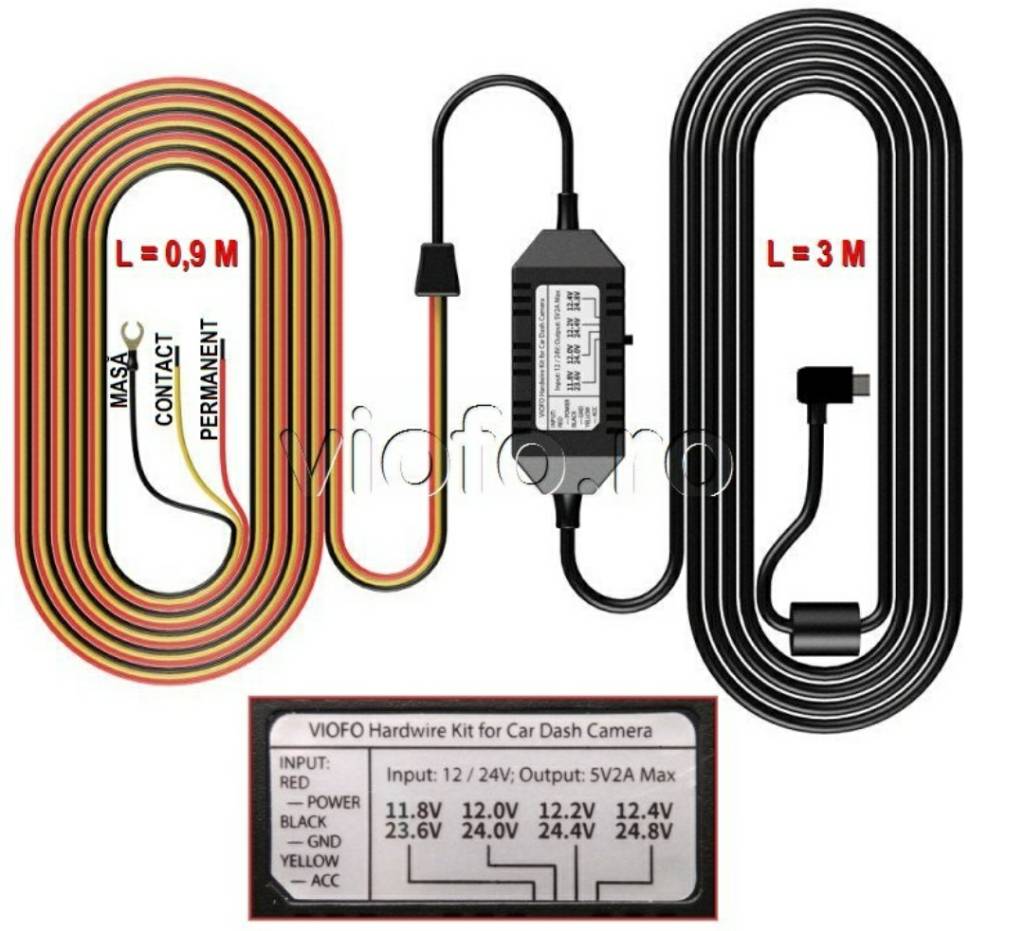I'm in agreement with this. There are a lot of factors involved so there can be no "blanket statement" which covers everything any better than this.
Based on everything I've seen I think that using the average dashcam in parking mode will reduce your average cars starting battery life 10% to 25% if you're beginning with a new battery. Based on your battery type that may be cheap like I feel it is with me, or expensive if you've got a very model-specific battery like some cars now use. The only way to avoid this kind of loss it to use another power source for parking mode and deal with any inconveniences it may cause. If you're concerned about it, you either need to learn about the battery you've got and how to not excessively strain it, or to use a powerbank- those are certainly cheap enough these days even for quality models.
FWIW, my statements about my workvan are based on being involved with this model for it's entire 16 year production run, and with older models of it that used the exact same engine, starting system, battery, and charging system for a total of 23 years. So basically my experience with these began around 1975, and while this didn't involve dashcams back then, it did include radios and other devices which produced a similar constant low-level load as a dashcam would. Among that were vans from one company which had punchcard time clocks in them which would leave you with a no-start if they sat idle for two days without charging. IIRC those clocks had a 1A draw, roughly equal to having 3 average cams running. While my "evidence" is empirical only it is certainly enough to be valid for this vehicle. And I've got lots of experience with cars using very similar systems, as V8 Fords made in the USA used basically the same system in all it's cars from the early 60's until some time in the 90's or later.
Cam current draw, battery quality, driving habits, battery age, battery type, battery maintenance, ambient temperatures and yearly climate, other battery loads, and charging system condition all play a part in this, so naturally everyone's experience will vary. Just be nice to your car's battery and then hopefully it will give you your money's worth in return

Phil

